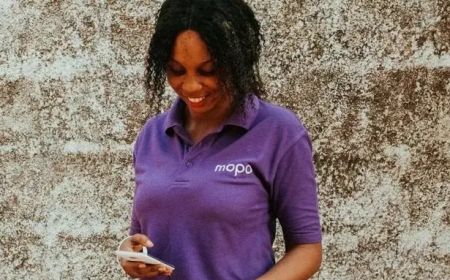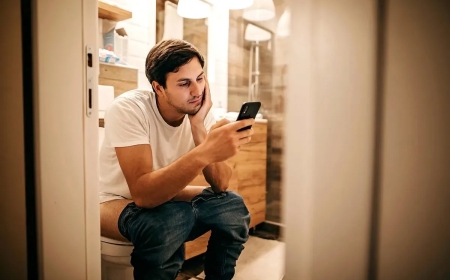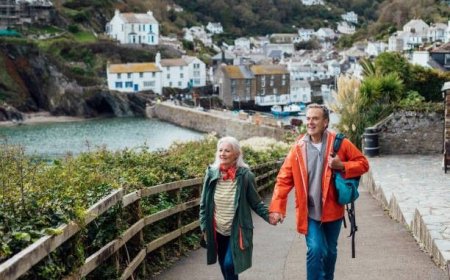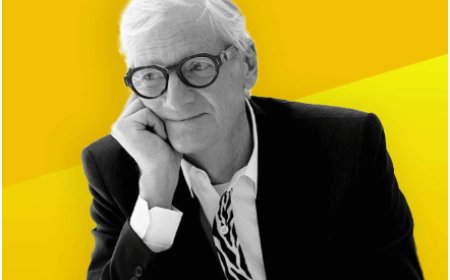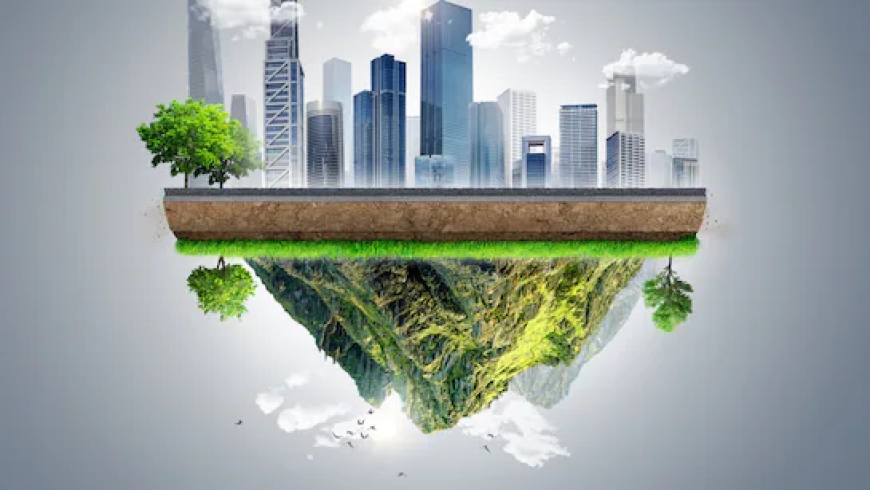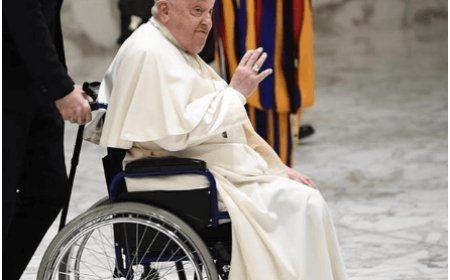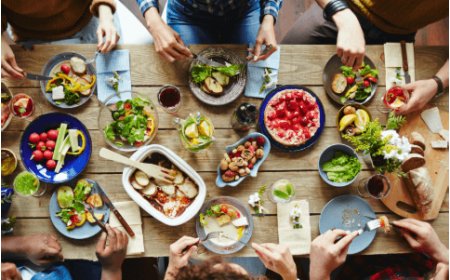Growing Green & Well: What Europe’s Lifestyle Scene Looks Like in 2025
European lifestyle trends 2025
In Europe, people are increasingly making lifestyle choices that reflect concern for health, the environment, and long-term wellbeing. Recent studies show that a large portion of consumers are now choosing habits based not just on convenience or fashion, but on sustainability, wellness, and conscious living. What you do every day—how you eat, move, travel, consume—is becoming part of your identity, and many Europeans are embracing that shift.
One clear trend is sustainability in consumption. Recycling, reusing, and buying with purpose are no longer niche behaviors. Around one in four Europeans report actively attempting to reuse products and packaging, opting for sustainable fashion, and reducing waste in their homes. Minimalist living, zero-waste practices, and donating or buying second-hand have seen a big rise. People want things that last, items with stories, or products that cause less harm to the planet.
Connected to that is the move toward e-mobility. Electric cars and e-bikes are not just for early adopters any more. Younger generations especially are looking at electric alternatives, seeing them as lifestyle upgrades, not just transports. The shift is still gradual but accelerating—charging infrastructure is growing; governments are offering incentives; many are evaluating the cost savings.
Wellness also remains a major priority. Mental health, fitness, better sleep, and balanced diets are top of mind. Many Europeans are using apps or wearable devices to track their steps, monitor sleep quality, or flag when they need to take a break. Self-care isn’t a buzzword—it’s daily practice. There is also a stronger focus on what you put in meals: fresh food, local produce, and diets driven by both nutrition and ethical sourcing are gaining popularity.
Home life is changing too. People want their spaces to reflect their values. Natural materials, better air quality, indoor plants, sustainable decor, even gardens or balcony spaces matter more. At the same time, digital tools are being used not just for work but also for wellness: smart lighting, devices that manage climate, and even voice assistants helping with mindful routines.
Finally, there’s a social dimension: experiences over things. Dining well, retreats, maybe going on short “nature breaks,” or choosing holidays that connect you to the outdoors or local culture are becoming more valuable. Even simple things like cooking together, investing in meaningful connections, and finding joy in small moments are becoming preferred ways to spend time and money.
As Europe heads deeper into 2025, these lifestyle shifts appear to be less of a trend and more of a movement. They reflect younger generations’ priorities—health, environment, meaningful experience—and are influencing industries from fashion to food to transport. For businesses and creatives, responding to this isn’t optional; it’s essential for staying relevant.
What's Your Reaction?
 Like
0
Like
0
 Dislike
0
Dislike
0
 Love
0
Love
0
 Funny
0
Funny
0
 Angry
0
Angry
0
 Sad
0
Sad
0
 Wow
0
Wow
0









